Gynuram Pseudochina – Live Plant
Original price was: ₹445.00.₹184.00Current price is: ₹184.00.
Selling size: Single plant | pot Included | Secure Packing
Gynuram Pseudochina – Live Plant, also known as Sambung Nyawa Batik, is a perennial herb with ornamental foliage, native to Southeast Asia. While not as common in cultivation as the closely related and more widely known Purple Passion Plant (Gynura aurantiaca), its care requirements are similar.

Here is a guide to caring for Gynuram Pseudochina – Live Plant :
Light
- Bright, indirect light is best. This is the most crucial factor for maintaining the vibrant color of its leaves. Too little light will cause the plant to lose its purple hue and become leggy.
- Avoid direct, harsh sunlight, especially during the afternoon, which can scorch the delicate leaves.
- A spot near a window with northern or eastern exposure is ideal.
Watering
- Keep the soil consistently moist, but never soggy. The plant has a delicate root system that is very susceptible to root rot if it sits in standing water.
- Water thoroughly when the top inch of soil feels dry to the touch. Let the excess water drain out of the bottom of the pot.
- It is best to water from the bottom by placing the pot in a tray of water and letting the soil soak it up. This helps prevent water from getting trapped on the hairy leaves, which can lead to rot.
- Reduce watering frequency in the fall and winter when the plant’s growth slows.
Soil
- Use a well-draining, airy potting mix. A mix of standard potting soil with added perlite or sand will provide good drainage while retaining enough moisture for the plant.
- The soil should be slightly acidic, with a pH of 6.0 to 6.5 being ideal.

Temperature & Humidity
- Warm, consistent temperatures are preferred, typically between 65°F and 75°F (18°C to 24°C).
- Avoid cold drafts from windows, doors, and air conditioning vents.
- High humidity is a major plus. While it can tolerate average household humidity, it thrives in environments with 60-80% humidity.
- To increase humidity, you can use a pebble tray, a room humidifier, or group it with other plants. Avoid misting the leaves, as the fine hairs can trap water and cause leaf rot.
Fertilizing
- Fertilize once a month during the growing season (spring and summer).
- Use a balanced liquid houseplant fertilizer diluted to half-strength.
- Do not fertilize in the fall and winter.

Pruning
- Gynura pseudochina is a fast-growing plant that can become leggy over time.
- Prune regularly to encourage a bushier, fuller shape. You can pinch back the stems to promote branching.
- Pruning is also an excellent way to get cuttings for propagation.
Gynuram Pseudochina – Live Plant Common Issues
- Loss of purple color: This is a clear sign that the plant is not getting enough light. Move it to a brighter location.
- Drooping or wilted leaves: This can be a sign of both under- and over-watering. Check the soil moisture to determine the cause. If the soil is dry, water it. If the soil is wet, let it dry out before watering again.
- Root rot: This is the most common issue, caused by overwatering. It is characterized by a soft, mushy stem and yellowing leaves.
- Pests: The plant can be susceptible to common houseplant pests like aphids, spider mites, and mealybugs. Regularly inspect the leaves and treat with insecticidal soap or neem oil if pests are present.
Only logged in customers who have purchased this product may leave a review.

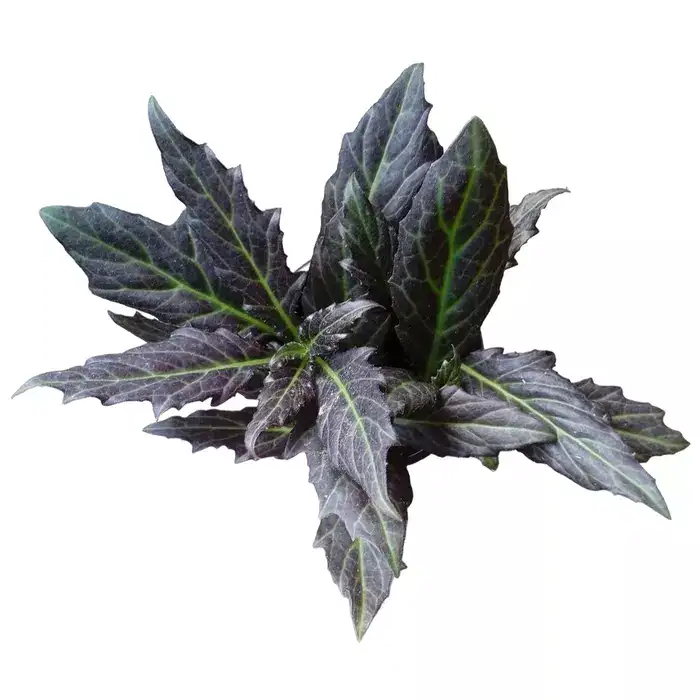
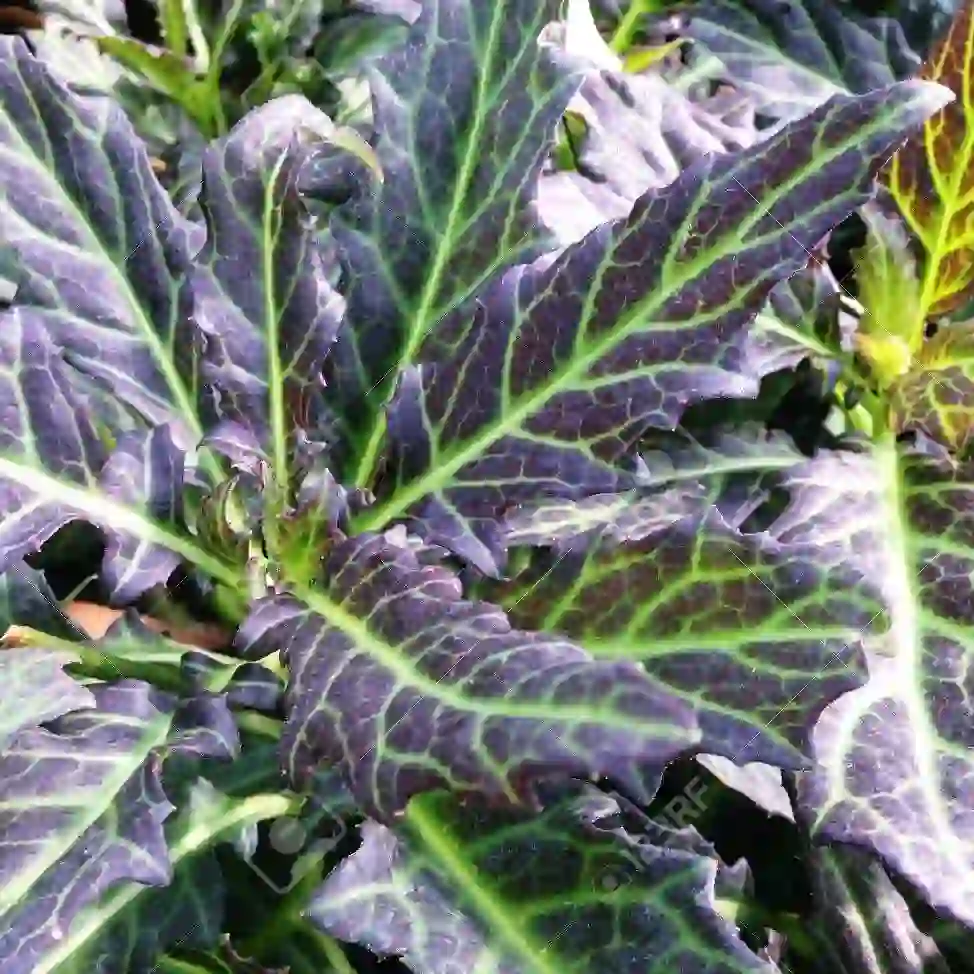
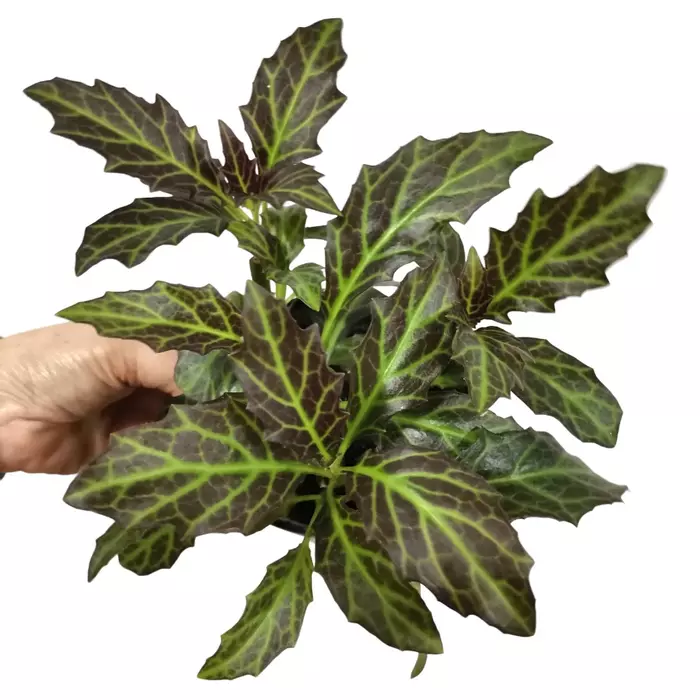


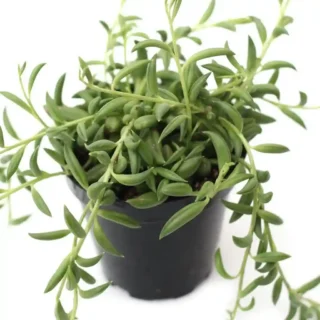
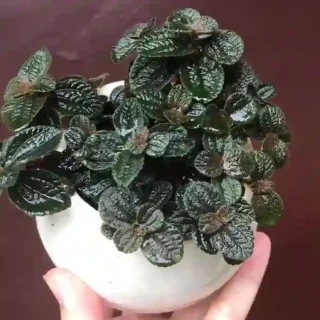
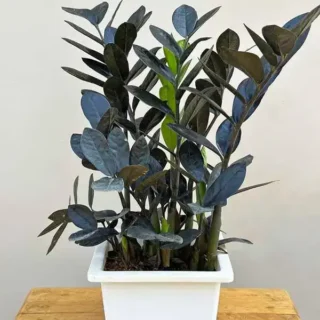
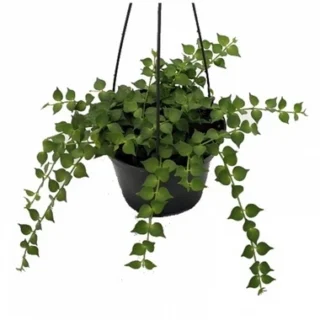
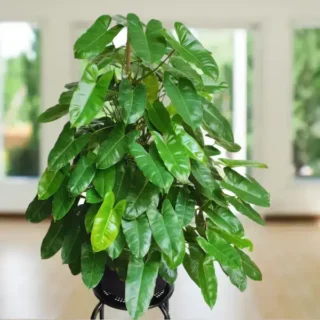
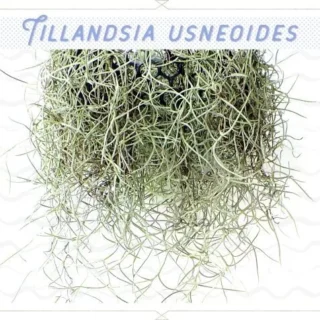
 If you need any assistance, I'm always here. Have you found what you were looking for?
If you need any assistance, I'm always here. Have you found what you were looking for?
Reviews
There are no reviews yet.